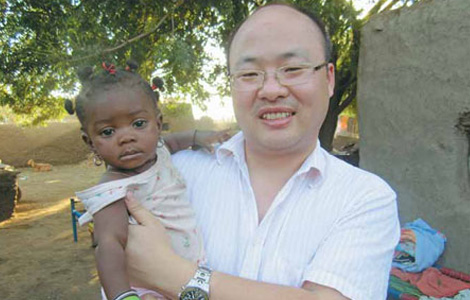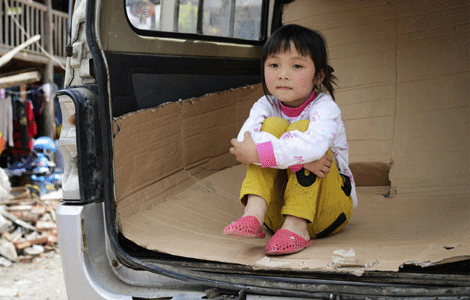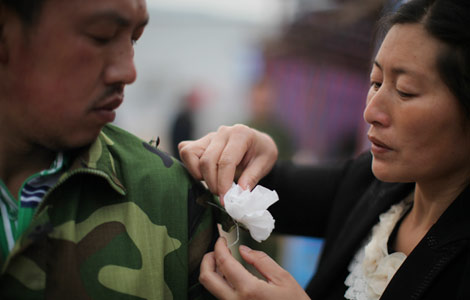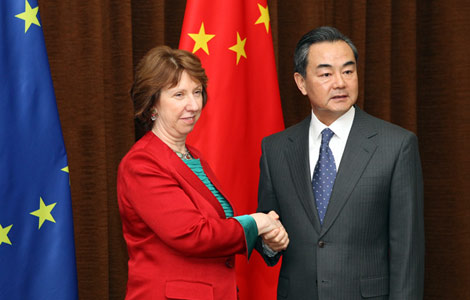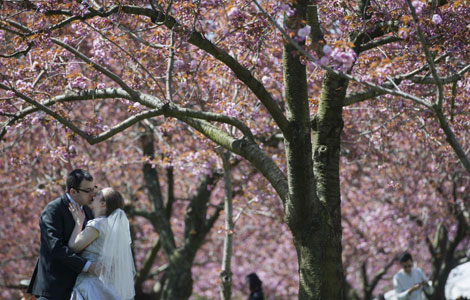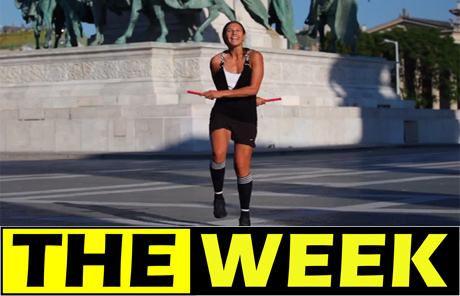Niche labels set to fill gap left in the market
Updated: 2013-04-29 12:19
By Wang Wen (China Daily)
|
||||||||
Niche luxury labels are now targeting China, as many of the more everyday luxury brands start to experience slower growth.
Chinese consumers, especially in the bigger cities, have grown in sophistication, and are now choosing luxury items to suit their everyday needs.
"I am tired of the handbags, which are everywhere," said Zhang Yuan, a 29-year-old office worker in Beijing, who said she has moved onto some niche or designer brands, after owning several big name products.
It appears she's not alone in her move upmarket.
Givenchy, a French high-end fashion brand owned by LVMH Group, opened its latest store in China in March, and said in its annual report that it expanded its presence in China in 2012.
Pucci, an Italian high-end female dress label, unveiled its first retail location in the Chinese mainland in 2012.
And Stella McCartney, a fashion brand co-established by the designer and Kering Group, also opened its first Chinese store in Shanghai last year.
Alberta Ferretti, the Italian high-end fashion label, does not yet have any stores in the Chinese mainland, but its Philosophy brand has opened its first store in Hangzhou, the capital city of Zhejiang province, to test the market.
To make their presence felt, niche brands are also turning to other channels such as the Internet.
Shangpin.com, one of the main online luxury retailers in China, signed an agreement in March to cooperate with the Council of Fashion Designers of America.
Chinese consumers can buy designer products in the United States through the online retailer.
"We want to help designers gain popularity in China and meet the growing demands of our consumers by offering the world's leading fashions," said Lang Xueyue, vice-president of the company.
Fifth Avenue Globe, another Chinese online luxury retailer, said sales of niche brands accounted for half of its turnover in 2012, up from 20-30 percent previously.
Despite a slowdown in sales across many other retail sectors, brand sales have held up strongly in China, say experts.
Sales of the Italian label Bottega Veneta surged 41.5 percent year-on-year in 2012 in China, where it operates 41 stores, according to Kering Group's annual report, against an overall 17.6 percent rise in Kering's luxury goods sales in China.
China has already become the third-largest market for Yves Saint Laurent, a French high-end fashion brand.
Growing sales of niche luxury goods are yet to have any significant effect on the larger luxury brands in China, given their relatively small scale.
However, Zhou Ting, director of the Fortune Character Research Center, said as their sales grow, the bigger names will start to take notice.
It will be more difficult for all the luxury brands to earn money from China's market in future, Zhou said, although the market will still lead global growth. "The market will enjoy healthy development, with many choices for consumers," she added.
Most Viewed
Editor's Picks

|

|

|

|

|

|
Today's Top News
Chinese NGOs reach out to African countries
Abe defends shrine visits
Premier Li: 'High alert' to remain on bird flu
China to enhance ties with Argentina
Technology fair eyes innovation
'Wang-Koo meeting' anniversary marked in Taipei
China joins rush for Mars
A camper's life traveling the open road
US Weekly

|

|
